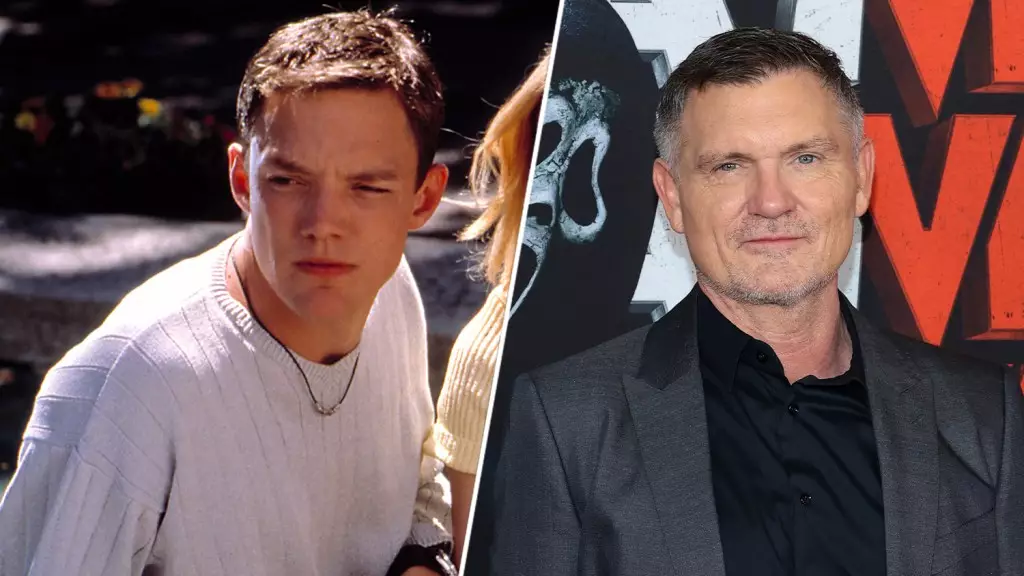As the anticipation for Scream VII builds, fans and critics alike are curious about how the new installment will navigate the tension between nostalgia and innovation. Matthew Lillard, a familiar face from the original Scream (1996), has expressed his excitement over the franchise’s return to its roots, particularly with the announcement that original writer Kevin Williamson will direct the seventh film. Lillard’s sentiments reflect a longing amongst the audience for the authentic horror and clever storytelling that characterized the initial movies. This shift back to Williamson’s visionary style raises expectations for a film that promises not only to honor its legacy but also to explore new thematic depths.
While the previous entry, Scream VI, introduced some thrilling elements, Lillard wasn’t shy about critiquing its excessive violence, specifically pointing to the controversial depiction of Ghostface wielding a shotgun. The actor articulated a common debate within horror film circles: does increased violence detract from the visceral impact of fear? This observation indicates a pivotal moment for the franchise’s evolution. Scream has always been about satirical commentary on horror tropes, so embracing straightforward brutality threatens to undermine its unique charm. Lillard’s suggestion that the film needs to innovate rather than repeat past successes can resonate with long-time fans who crave both horror and cleverness in storytelling.
Another significant element in Scream VII’s upcoming narrative is the return of Neve Campbell, who embodies the franchise’s ‘final girl’ archetype, Sidney Prescott. Campbell’s absence from Scream VI raised eyebrows but her recent commitment to Scream VII signals a return to the core characters that fans have grown to love. Her involvement, combined with Williamson’s direction, hints at a thoughtful exploration of Sydney’s character and her evolution throughout the franchise. This dynamic brings a sense of continuity, ensuring that the emotional stakes are as high as the horror elements.
As Scream VII approaches, expectations among fans grow, driven by a desire for both nostalgia and innovation. Williamson’s return could signify a return to the cerebral horror that distinguished the original film. However, balancing old themes with fresh narratives will be crucial. The question remains: can the film escape the shadows of its predecessors by forging a new identity without disavowing its roots? As Lillard aptly suggested, there is an opportunity to explore new themes and colors in the narrative, which could reinvigorate the franchise and capture a new generation of fans.
Ultimately, Scream VII stands at a crucial intersection—an opportunity to either reinforce or redefine what it means to be a part of this iconic franchise. With the right blend of nostalgia and modernity, it can reach both old fans and new viewers seeking a fresh experience in the realm of horror. Lillard’s words serve as a reminder that while it is exciting to see beloved characters return, the soul of Scream lies in its ability to challenge norms and surprise its audience. As we await this newest chapter, excitement is tinged with the hope that Scream VII will deliver a story that reignites the franchise’s trademark wit and terror.


Leave a Reply